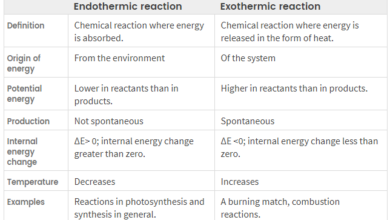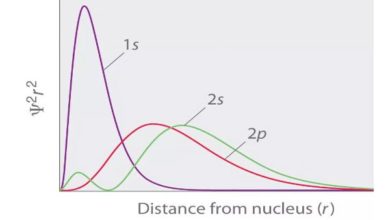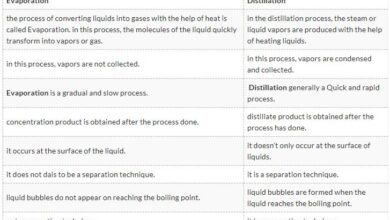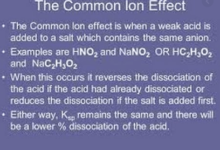Different Types of Bunsen Burners and Their Uses
A Bunsen burner is a laboratory device used for heating, sterilizing, and performing various experiments. This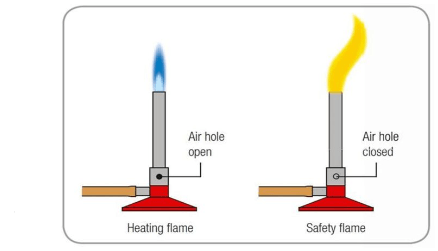 versatile heating apparatus offers precise control over flames, making it an invaluable tool in chemistry, biology, physics, and other laboratories. there are three major types of bunsen burners i.e., Meker Fisher burner, Teclu burner, and Tirril burner. however, in general, you can find 11 different types of burners.
versatile heating apparatus offers precise control over flames, making it an invaluable tool in chemistry, biology, physics, and other laboratories. there are three major types of bunsen burners i.e., Meker Fisher burner, Teclu burner, and Tirril burner. however, in general, you can find 11 different types of burners.
Here is a list of 11 Types of bunsen burners:
- Classic Bunsen Burner
- The Micro Bunsen Burner
- The Micro Bunsen Burner
- Teclu Burners
- Meker Burners
- Alcohol Burners
- Torch Burners
- Bench Burners
- Methane Burners
- Natural Gas Burners
- Propane Burners
In this article, we’ll dive deep into the world of Bunsen burners, exploring the various types available and their unique applications.
Let’s Get Started…!
The Classic Bunsen Burner
Let’s begin with the classic Bunsen burner, named after its inventor, Robert Bunsen. This iconic laboratory apparatus features a vertical tube attached to a gas source.
By controlling the airflow through an adjustable collar or air hole, users can manipulate the flame’s characteristics, including its color and temperature. The classic Bunsen burner is versatile, making it suitable for various heating and sterilization tasks in laboratories.
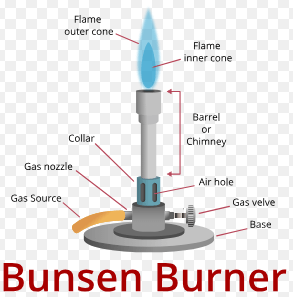
The Micro Bunsen Burner
For precision work on a smaller scale, the micro Bunsen burner comes into play. These compact burners are designed for delicate experiments and applications where precise control of heat is essential. Micro Bunsen burners are commonly used in microbiology, enabling scientists to sterilize tools and manipulate tiny specimens with accuracy.
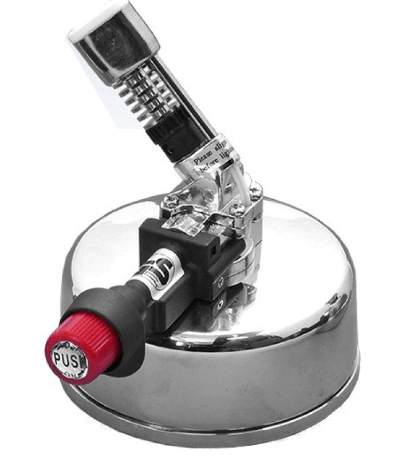
Teclu Burners: Precision at Its Best
Teclu burners are known for their circular burner head, which produces a highly concentrated, directed flame. These burners are ideal for tasks that demand pinpoint accuracy, such as glassblowing and the heating of small reaction vessels in chemistry experiments.
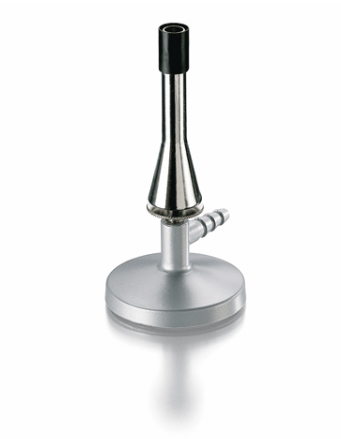
Meker/Fisher Burners: Glassblowers’ Best Friend
When it comes to glassblowing, Meker burners are the tool of choice. These burners produce a broad, flat flame, ensuring even distribution of heat for shaping and manipulating glass with precision. Glass artisans rely on Meker burners to create intricate glassware.
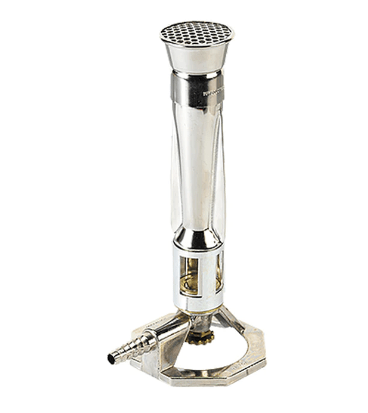
Alcohol Burners: Versatile and Portable
Alcohol burners are another common laboratory heating device. Fueled by denatured alcohol, they are versatile and portable, making them convenient for various laboratory applications. These burners are often used for sterilization and small-scale experiments.
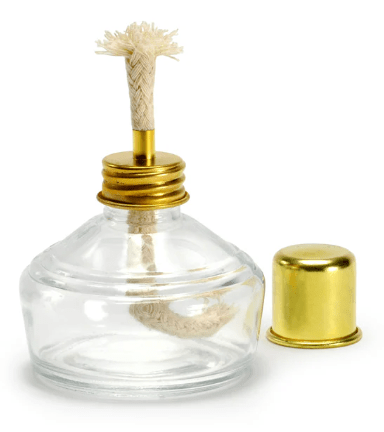
Torch Burners: On-the-Go Heat Source
Torch burners, also known as laboratory torches, are portable and convenient for fieldwork. They are versatile tools for tasks like soldering and flame testing, providing a compact yet powerful heat source when you’re away from the laboratory.
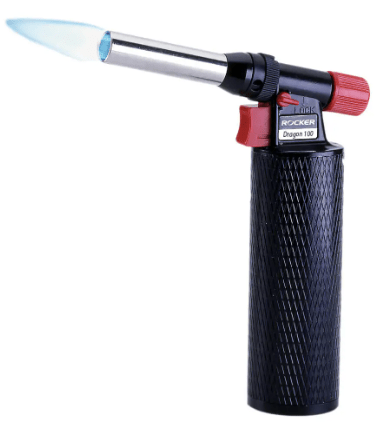
Bench Burners: Heavy-Duty Power
In industrial and large-scale laboratory applications, bench burners are the heavy-duty choice. These burners produce powerful flames, making them ideal for metalworking, welding, and other industrial processes that require intense heat.
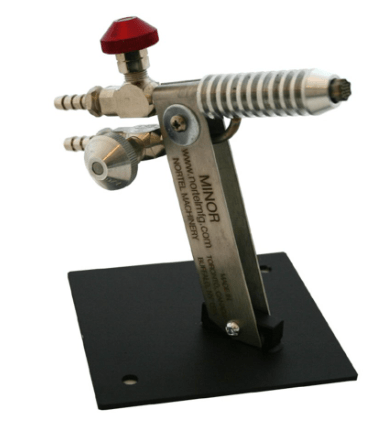
Methane Burners: Clean and Efficient
Methane burners utilize methane gas for heating, producing a clean, blue flame. They are often preferred in high-precision experiments and applications where soot or impurities must be avoided.
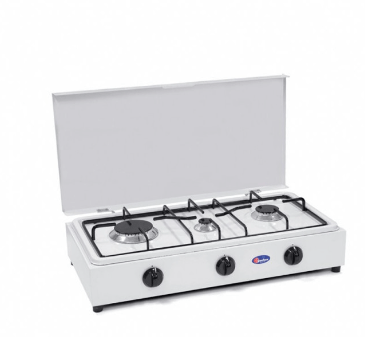
Natural Gas Burners: Cost-Efficiency in the Lab
Natural gas burners are prevalent in laboratories with built-in gas lines. They provide consistent heat for a wide range of applications and are valued for their cost-efficiency and reliability.

Propane Burners: Versatile and Portable
Propane burners are versatile and portable, making them suitable for outdoor research and fieldwork. They are commonly used in geology and chemistry experiments conducted away from the laboratory setting.
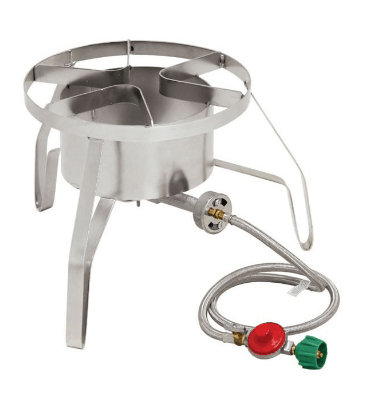
Conclusion
The world of Bunsen burners is diverse, with each type tailored to specific scientific and industrial needs. Whether you need precise control for delicate microbiological work or a high-powered flame for metalworking, there’s a Bunsen burner designed to meet your requirements.
Understanding the different types of Bunsen burners and their applications is essential for scientists, researchers, and students alike. With this knowledge, you can select the perfect Bunsen burner to fuel your experiments and discoveries in the world of science.
Please comment below on which type of Bunsen burner is your favorite.
or
which burner you are using in your school laboratory?
See Also:

